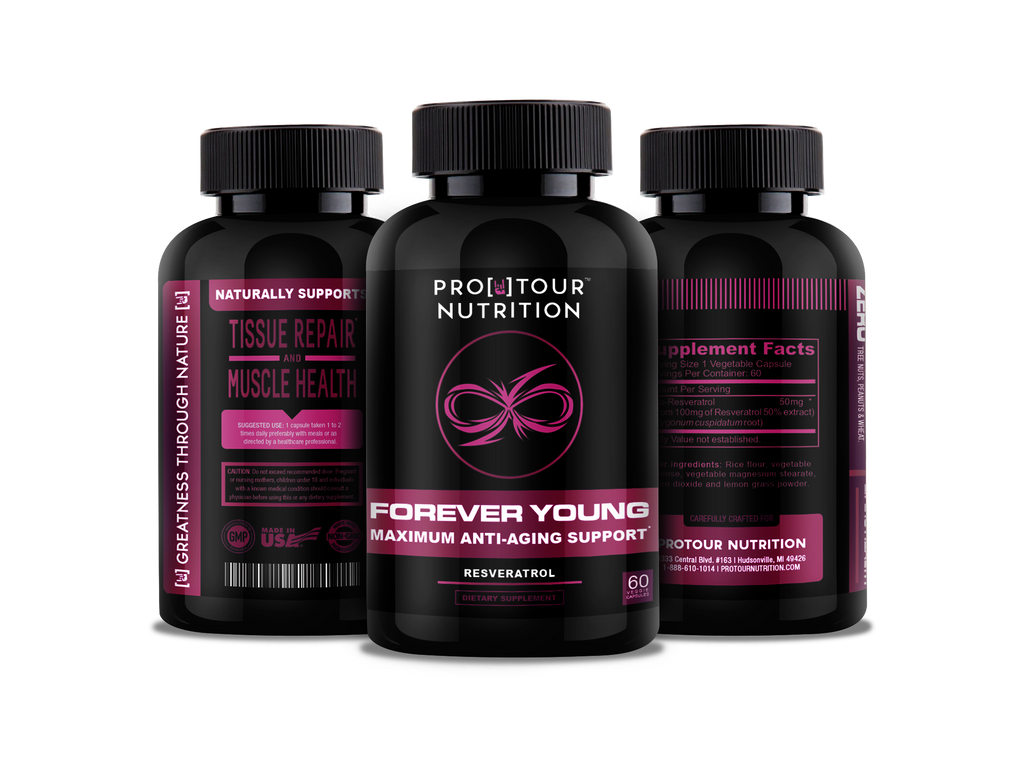
Here are some of the most common symptoms of heart attack, heart disease, heart failure and other urgent cardiovascular health concerns to look out for, courtesy of the Mayo Clinic.Coronary artery disease is the main cause of heart attacks. Many people with cardiovascular diseases go undiagnosed until it's too late. You can also use a heart rate monitor or fitness tracker, if you have one (the most accurate measurements come from a chest-strap heart rate monitor). To measure your heart rate during exercise, you'll have to pause briefly in the middle of exercising to measure your pulse. The best time to measure your resting heart rate is in the morning when you wake up, while you're still in bed. (Start the count on a beat, which is counted as zero.) Multiply that number by four to get your heart rate in beats per minute. Simply put your index and middle finger on the inside of the opposite wrist, and count the number of heartbeats you feel in 15 seconds. One common and easily accessible location is the radial artery, or your wrist. There are a few places on your body where you can feel your pulse. Studies have found that higher aerobic capacity is associated with less likelihood of heart attack and death, Harvard Health reports. Your maximum heart rate has to do with how much aerobic capacity your body has. And during vigorous-intensity exercise, your should be between 77% and 93% of your maximum heart rate. During moderate-intensity physical exercise, you should aim to get between 64% and 75% of your maximum heart rate, per the CDC. In this case, lower isn't necessarily better. To get your maximum heart rate, subtract your age from 220. This gives you an idea of how fast your heart beats when it's working extra hard, and how close it is to your "maximum heart rate" - the highest that your heart rate should ever go. In addition to your resting heart rate, you can also measure your heart rate during exercise. Here are the target resting heart rate ranges for various age groups: In general, healthy adult heart rates range from 60 to 100 beats per minute, but ranges also depend on age. What's "low" or "normal" varies a bit by the individual. Research shows that higher resting heart rates, are linked with lower physical fitness, higher blood pressure, and an increased risk of heart attack and death. Your "resting heart rate" is your pulse at rest, when you're relaxed and still. First, we'll go over what each one means. There are two types of heart rate you can measure at home: resting heart rate and maximum heart rate. When you're relaxed or asleep, it beats more slowly. During moments of high stress or intense physical exertion, for example, your heart beats faster. Your heart rate naturally changes throughout the day, depending on how much you're exerting yourself. It's easy to measure at home with no equipment and offers useful information about your heart and overall fitness. Your heart rate, also known as your pulse, is a basic measurement of heart health, which is why your doctor or nurse often listens for it during check-ups. And various types of step tests have long been used by medical professionals to assess heart and lung fitness. Peteiro said that, when it comes to measuring exercise capacity, the stairs test should work similarly in the general population. Notably, both studies only looked at people with symptoms of coronary artery disease. Those who weren't able to do it quickly were nearly three times more likely to die from heart disease over the next five years (3.2% compared to 1.7%).

Peteiro also authored a 2018 study in which over 12,000 participants walked up three flights of stairs. People who took less time to ascend the stairs also had higher exercise capacity, which in turn is linked with a lower mortality rate.ĭr. They found some overlap - 58% of patients who took longer than 1½ minutes to complete the stairs test had "abnormal heart function during the treadmill examination," per the study. The study compared the results of the stairs test and more in-depth medical tests of heart health, like a treadmill test. Jesús Peteiro, a cardiologist at University Hospital A Coruña, Spain. "If it takes you more than 1½ minutes to ascend four flights of stairs, your health is suboptimal, and it would be a good idea to consult a doctor," explains study author Dr.


 0 kommentar(er)
0 kommentar(er)
